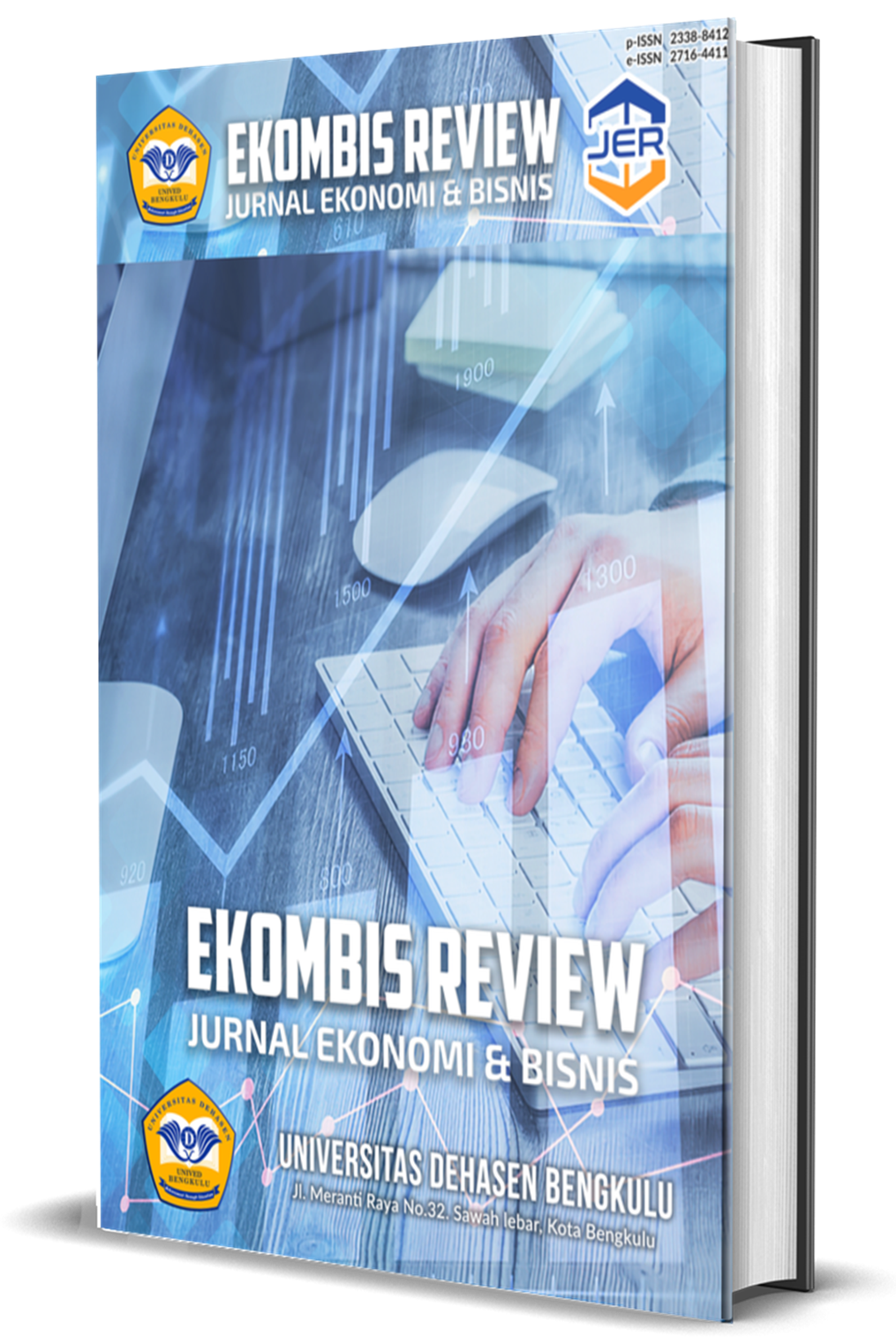The Impact Of Rice Field Productivity On Changes In Paddy Field Areas (LBS) In Indonesia
Abstract
This study analyzes the impact of rice field productivity and other factors on changes in paddy field area (LBS) at the regency/city level in Indonesia. Using panel data from 364 regencies/cities (2010–2022), LBS changes are measured as the average annual percentage change over two periods: 2013–2019 and 2019–2023. To address endogeneity in rice productivity, a two-stage Instrumental Variable (IV) method with fixed effects is applied. The first stage instruments productivity with rainfall and previous productivity, while the second stage assesses its impact alongside control variables, including the agricultural, real estate, and construction sectors, population density, and a Dummy Policy Variable for LP2B protection with lag effects up to three years. Results indicate that rice productivity and other factors are not significant predictors of LBS changes, likely due to land ownership inequality and measurement errors. A restricted sample further suggests that LP2B protection is ineffective in preserving LBS. Using Local Average Treatment Effect (LATE), the IV method estimates policy impacts for regions aligned with instrument variation. The study recommends accelerating land redistribution, certification, technical support, and stricter enforcement at both central and regional levels to safeguard paddy fields.
Downloads
Copyright (c) 2025 Betharia W M Pangaribuan, Vid Adrison

This work is licensed under a Creative Commons Attribution-ShareAlike 4.0 International License.
An author who publishes in the EKOMBIS REVIEW: Jurnal Ilmiah Ekonomi dan Bisnis agrees to the following terms:
Author retains the copyright and grants the journal the right of first publication of the work simultaneously licensed under the Creative Commons Attribution-ShareAlike 4.0 License that allows others to share the work with an acknowledgement of the work's authorship and initial publication in this journal
Submission of a manuscript implies that the submitted work has not been published before (except as part of a thesis or report, or abstract); that it is not under consideration for publication elsewhere; that its publication has been approved by all co-authors. If and when the manuscript is accepted for publication, the author(s) still hold the copyright and retain publishing rights without restrictions. For the new invention, authors are suggested to manage its patent before published. The license type is CC-BY-SA 4.0.
EKOMBIS REVIEW: Jurnal Ilmiah Ekonomi dan Bisnis is licensed under a Creative Commons Attribution-ShareAlike 4.0 International License.














